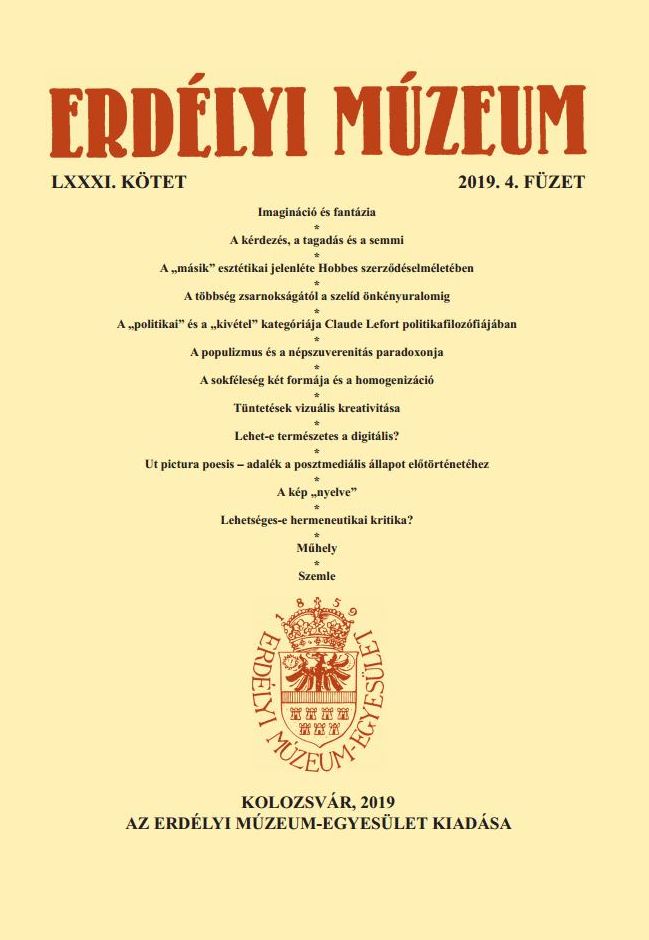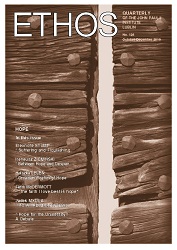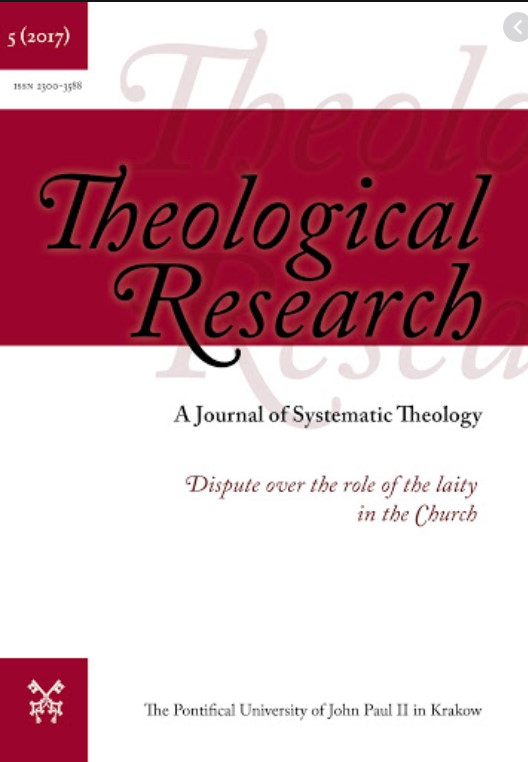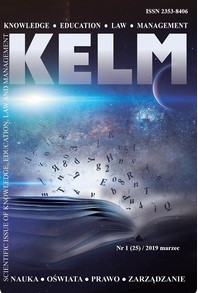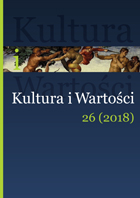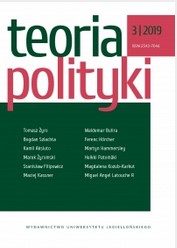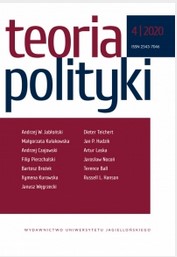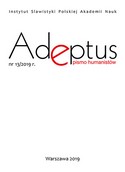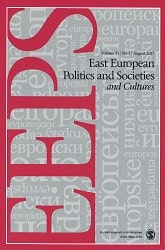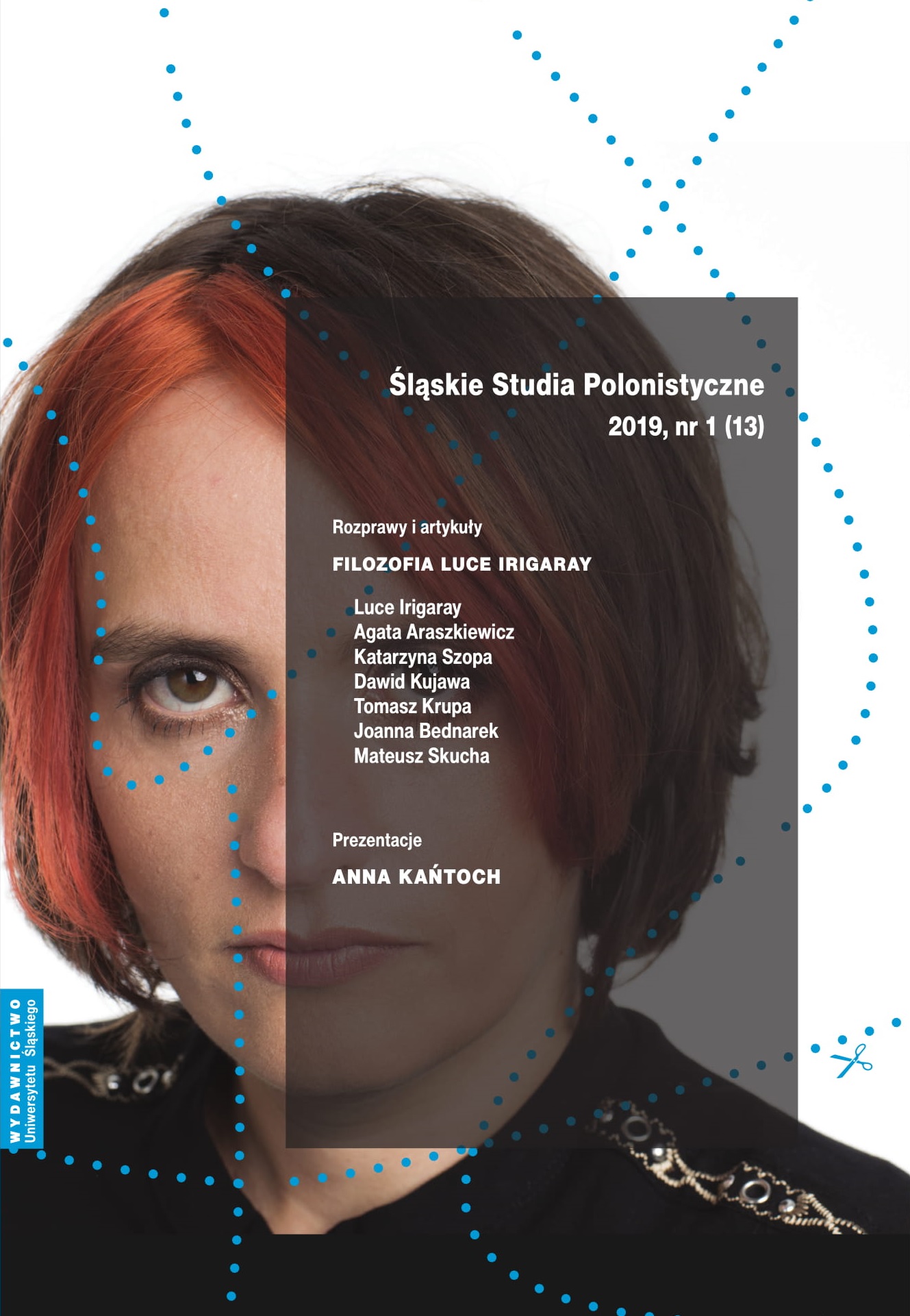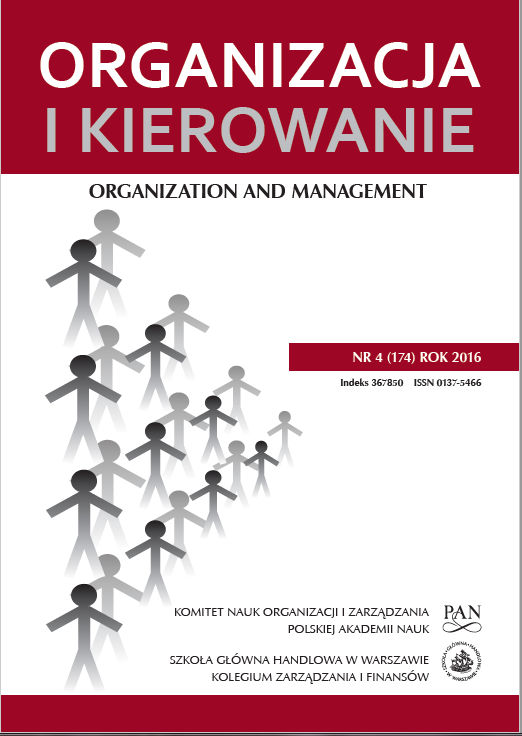
PRZYWÓDZTWO W PERSPEKTYWIE PERSONALISTYCZNO- -FENOMENOLOGICZNEJ
The main aim of this article is to conduct a critical analysis of the concept of leadership in the aspect of ethics by the use of the method of phenomenological praxeology, ie. the phenomenological lens. Phenomenological lens, through combining the ontological with the ontic, allows thorough research of the analyzed subject: an “insight” into the subject both from the philosophical (ontological) perspective, as well as the perspective of the particular sciences (ontic perspective). Ontological-ontic coherence is the basic directive of the proposed method. Coherence (comprehensibility, manageability, meaningfulness) between actions taken by managers in an organization and its stakeholders’ expectations is needed for the effective and ethical leadership. The purpose of the analysis performed in the article is to answer the question: which concepts of leadership serve the human person and help in its development?
More...
